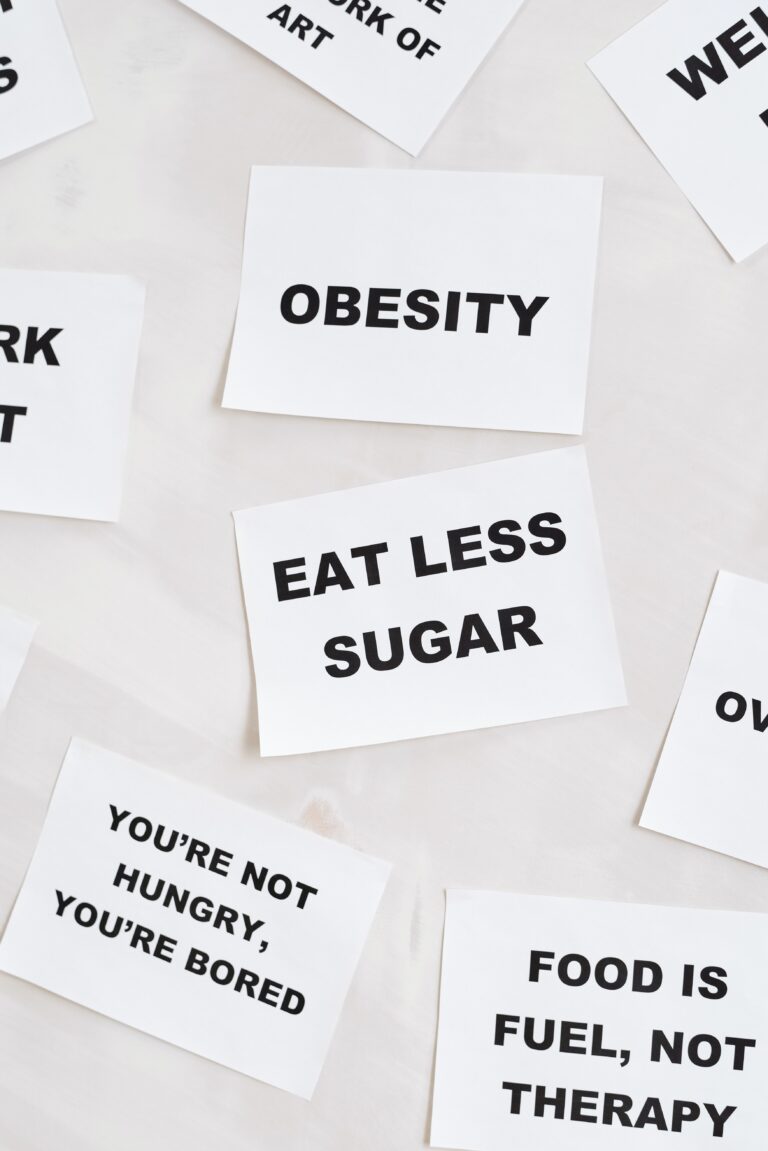
No matter how quickly or slowly your metabolism works, If you know what to do, you can lose weight. People often talk about how quickly their metabolism is working. But, do you really know what “metabolism” actually means?
How Metabolism Works
The Basal Metabolic Rate, or BMR, is the percentage of calories you burn each day which are used to maintain your basic level of survival. These include breathing, blood circulation, heat production to maintain body temperature, cell division and recycling, hormone regulation, brain and nerve function, as well as sedentary activities like sleeping, sitting, and using a smartphone.
Approximately 20% is consumed during harder physical activities, such as walking to the train, doing chores, or working out. You can control this factor by getting more active. But unless and until you spend the entire day working out, it won’t ever compare to the amount of calories you consume just by being alive
And lastly, 10% of your energy is spent on food digestion. It doesn’t really matter if you’re eating cupcakes or “negative calorie foods” like celery, which are believed to require more calories to digest than they do to provide. You shouldn’t, however, overindulge in cupcakes as well.
Science of weight loss
We assume that if we lose weight, we will also lose fat, but the reality is more complicated because not all weight loss means the loss of fat. Our bodies don’t always use extra fat as fuel when we cut back on calories. So instead of concentrating on the question of “how much weight can I lose,” you can ask, “How much fat can I lose?”
The body can burn fat when you start a diet and cut back on calories, but if you get too hungry, it can also burn lean muscle tissue. This mean trick of nature is one of the causes of crash dieters’ inclined to gain weight back. Therefore, your metabolic rate will slow if you crash-diet all of your lean muscle mass.
Exercise and Metabolism
While exercise is crucial for overall health, it’s not actually necessary to lose weight. The average person burns between 2000 and 2400 calories per day without going to the gym, and they may burn an additional 200 calories during a vigorous workout (8–10% more than just sitting around all day).
We must also avoid “double dipping” when considering calories burned. In light of the fact that we typically burn about 100 calories per hour via the BMR, even though the treadmill may indicate that you completed an hour of race walking while burning 200 calories, you would have actually burned 100 calories just by standing there, leaving you with a 100-calorie deficit for your effort, relatively less than the gym would like you to think!
But there is still hope. Your muscles burn more calories even when you are at rest because they are biologically more active than a lot of other tissues in your body.
According to research on fat loss, a healthy rate of fat loss is between one and two pounds per week. Under ideal conditions, you can also use the rule of thumb that you should burn 1% of your body weight in fat each week. Therefore, 3 pounds of fat if you weigh 300 pounds. For example, 1.8 pounds of fat would equal 180 pounds.
Body fat serves as a form of energy storage that was especially designed for our long-term survival during hunger. It is an effective system because fat contains more than twice as much energy per gram as carbohydrates do. Even an active, athletic, young adult has about 130,000 calories stored in their relatively little body fat! That is a lot of planning for survival, I guess.
Conclusion
Weight gain and loss are challenging. The process is controlled by your lifestyle, which includes sleep, physical activity, and stress, as well as your diet, hormone signaling, calorie balance, and food composition.
However, with science on our side, we can speed up healthy, responsible fat loss to help you reach your target weight quickly and safely. This will also help you set up a lifetime of healthy weight maintenance, with no rebound or weight regain.